Many industry watchers thought that the very high values achieved by dealers (up to 12 x EBITDA) for their assets would soon start to wane.
They had been exiting the market to sell to fast-growing groups backed by private equity funds where there was keen competition for rapid expansion.
The most high profile of these were Lone Star supporting MRH and Clayton Dubilier Rice financing MFG. When the latter produced a knock-out bid of around £1.3bn to buy their larger rival at the start of this year, it was assumed that demand for petrol filling station assets would abate and prices would reduce.
While there has been some movement off the top, prices are holding well due to two factors emerging this year.
Some mid-size groups, like MPK Garages, have refinanced and are looking to expand, and oil refiners/distributors are moving back into retail as evidenced with the surprise purchase of NJB Services by Phillips 66 and the well-signed purchase of HKS by Harvest Energy.
Add to this market optimism, the new-to-industry (NTI) sites being developed such as Frontier Park Services, Blackburn the latest concept from EG Group costing over £10m on a five-acre greenfield site and one is tempted to overlook the government’s commitment to be "emission-free at the tailpipe" by 2040. Some Select Committees are now calling for this date to be brought forward to 2032 and that is only 14 years from now!
Overall volumes of retail petrol and diesel, having seen steady increase, are now more or less static at around 36 billion litres per year. This volume is projected to decline due to high pump prices (30% increase in two years), improved engine technology (especially for petrol engines) and the growth of alternatively fuelled vehicles (AFVs) both pure electric and hybrid.
Are retailers doing enough to protect and grow their other revenue streams such as convenience, food-to-go and now auto-mated car washing as the outlook for forecourt fuels becomes less certain? Only time will tell.




















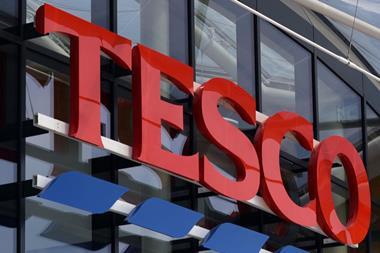
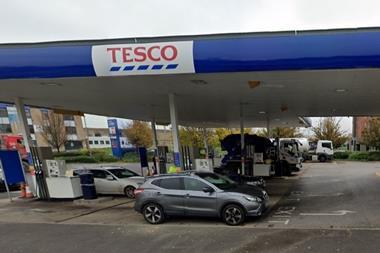

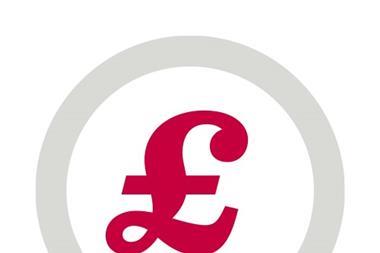

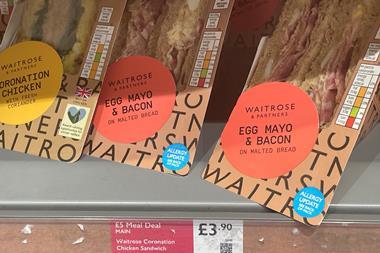
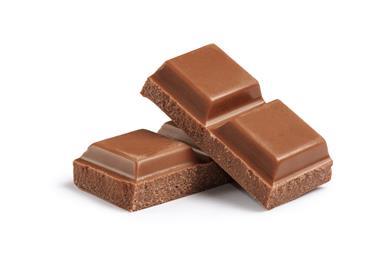
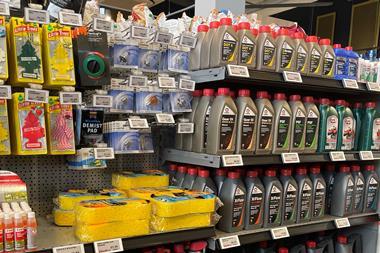

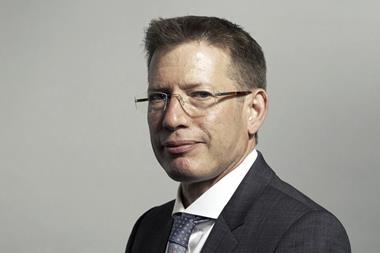
No comments yet